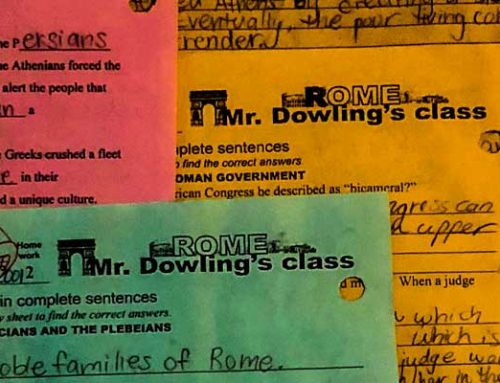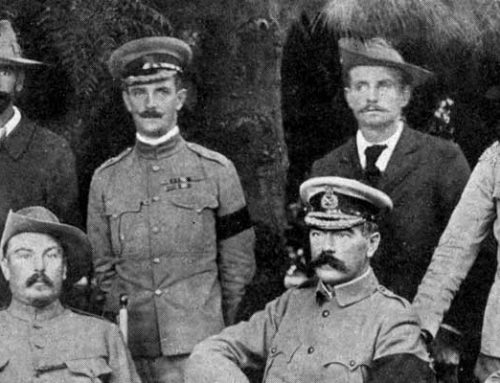The Phoenicians came from the eastern shore of the Mediterranean Sea, land that is present-day Lebanon. Their homeland was arid and inhospitable for farming, so the Phoenicians turned to the sea to become the greatest travelers and traders of their time. The Phoenicians invented an early form of the alphabet we use today; their traders taught their writing system to many of the cultures they encountered.
The Phoenicians built a trading post in North Africa they called Carthage. They chose Carthage because it was located in the center of North Africa and a short distance from Sicily and the Italian Peninsula. Carthage became an independent state when the Assyrians and the Persians conquered the Phoenician’s original homeland.
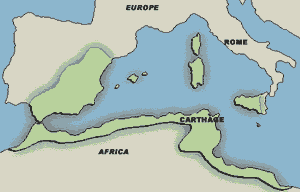
Carthage_map
Carthage developed from a Phoenician colony of the first millennium BCE into the capital of an ancient maritime trading empire.
Carthage grew to become one of the mightiest cities of the ancient world, but the city was destroyed after three brutal wars with the Italian city-state of Rome. The wars were known as the Punic Wars because Punica was the Roman name for Carthage. The Roman Navy surprised the sea trading people by winning the first war in 238BCE. The Carthaginians acquired a new base in Spain from which a great military leader named Hannibal led a team of elephants across southern France and into Italy. Hannibal won many early victories, but the Roman army outnumbered his forces. Rome won the brutal fifteen-year Second Punic War in 204BCE.
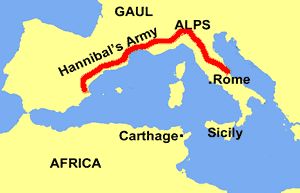
702_Hannibal_route
Hannibal's route from Spain to Italy in the Second Punic War.
Carthage lost all political and military power by the end of the second Punic War, but the Romans moved a half-century later to destroy what was left of the city. The Roman army did not attempt to break down the walls surrounding Carthage. Instead, they surrounded the city and laid siege to it for three years. Finally, in 146BCE, the Romans broke through Carthage’s city walls and went from house to house, slaughtering the Carthaginians. The few survivors were sold into slavery, and the Romans destroyed Carthage and its harbor.
The Phoenicians and Carthage Resources
Download this lesson as Microsoft Word file or as an Adobe Acrobat file.
Mr. Donn has an excellent website that includes a section on Africa.
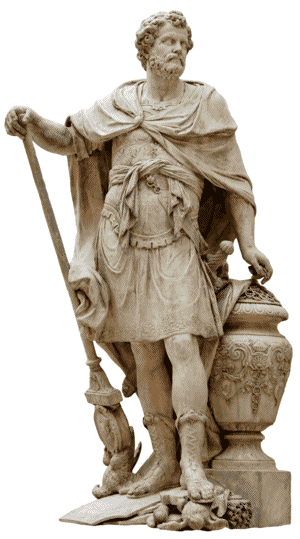
702_Hannibal
Hannibal by Sébastien Slodtz (1704) is at the Louvre Museum in Paris, France.

